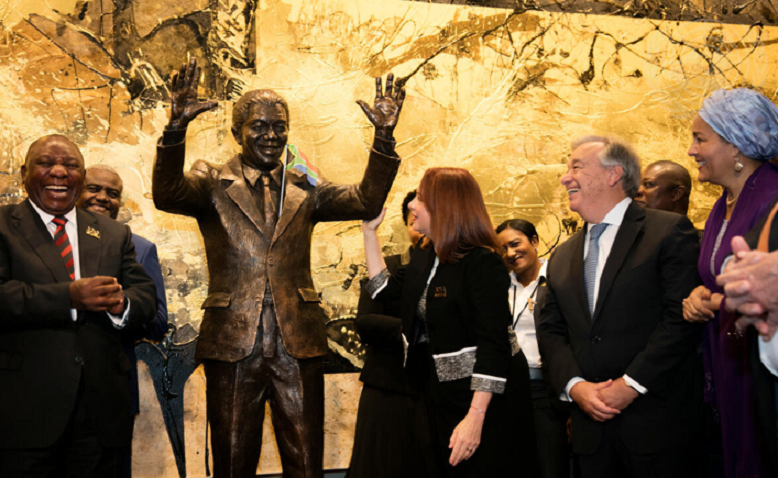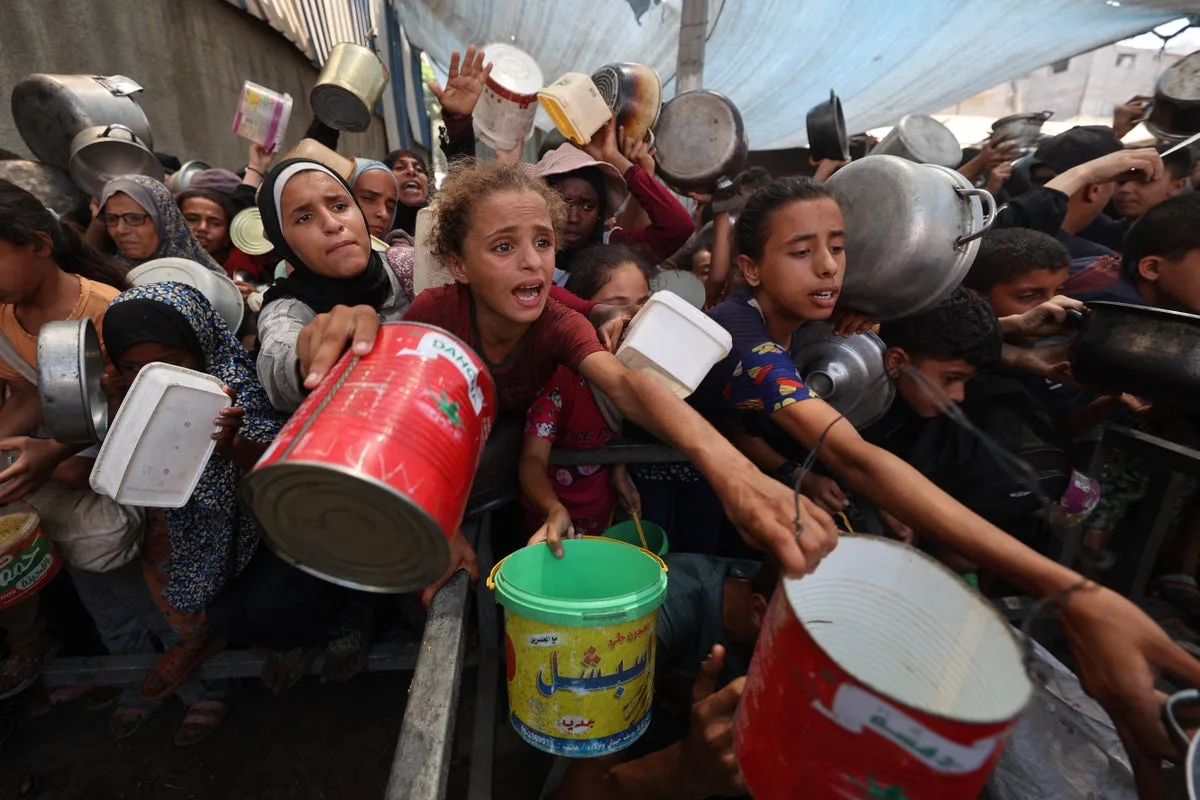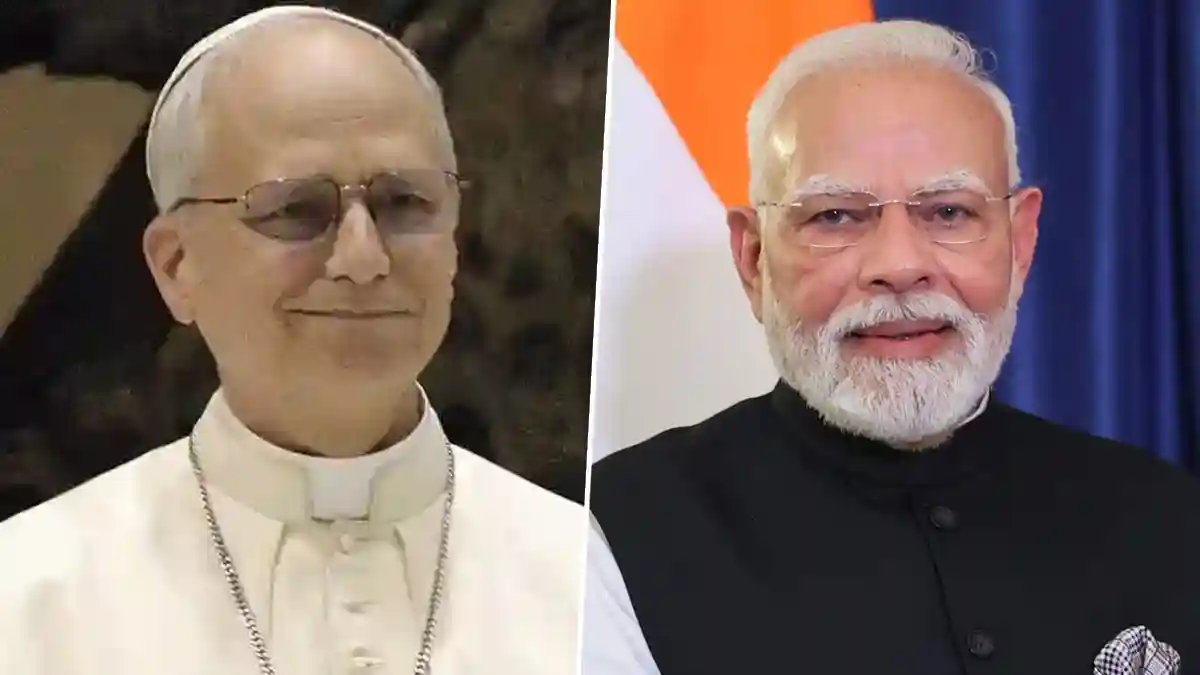By Preggie Moodley
Copyright sabcnews

This year, the United Nations turns 80—a milestone that invites both celebration and introspection.
Born from the ashes of global conflict, the UN has stood as a beacon of peace, development, and human rights. But as we mark this anniversary, we must ask: what does the UN@80 mean for South Africa, and how can this moment help shape the future of multilateralism?
The upcoming 80th session of the United Nations General Assembly UNGA 80 High-Level Week is not just another diplomatic gathering. It is a pivotal moment where over 150 world leaders including President Cyril Ramaphosa will converge in New York under the joint hosting of the UN Secretary-General and the President of the General Assembly. Their leadership signals the urgency of the moment—and the opportunity it presents for countries like South Africa to help redefine the future of multilateralism.
In addition to a High Level Event to commemorate UN80 and the General Debate, this year’s UNGA 80 High-Level Week will feature landmark events including the Unstoppable Africa Summit, the SDG Moment, a Climate Action Summit on the Nationally Determined Contributions, the G20 Foreign Ministers Meeting, a High-level International Conference for the Peaceful Settlement of the Question of Palestine and the Implementation of the Two-State Solution, the First Biennial Summit for a Sustainable, Inclusive and Resilient Global Economy (Implementing commitments on financing development), a High-Level Meeting on the 30th Anniversary of the Beijing Conference on Women, a High-level Meeting to Commemorate the 30th Anniversary of the World Programme of Action for Youth, a High-level Meeting on the Prevention and Control of Noncommunicable Diseases and the Promotion of Mental Health and Well-being, and the launch of a Global Dialogue on AI Governance.
These convenings are not just ceremonial—they are platforms for recommitting to multilateralism, accelerating the Sustainable Development Goals, and shaping a more inclusive and responsive international system.
South Africa’s participation – led by President Cyril Ramaphosa – is both timely and strategic. As a leading voice in the Global South and the current G20 President, the country is uniquely positioned to advocate for a more inclusive, equitable, and responsive multilateral system. It brings to the table not only a historical commitment to justice and reconciliation but also a lived experience of navigating complex development challenges in a middle-income context.
As we reflect on South Africa’s journey within the UN system, it is fitting to recall the words of Nelson Mandela during his 1995 address to the General Assembly: “We come from Africa and South Africa on this historic occasion to pay tribute to that founding ideal, and to thank the United Nations for challenging, with us, a system that defined fellow humans as lesser beings.”
The UNGA 80 theme—“Better Together: 80 Years and More for Peace, Development and Human Rights”—resonates deeply with South Africa’s own journey. From the transition to democracy to ongoing efforts to tackle inequality, climate change, and youth unemployment, the country embodies the very principles the UN seeks to uphold. But principles alone are not enough. We need reform. We need results. And we need relevance in an increasingly green and digitized world. As we do so we also need not forget the sobering affirmation of former Secretary-General Dag Hammarskjöld that ‘The United Nations was not created in order to bring us to heaven, but in order to save us from hell.’
This is where Africa can lead. As emphasized during the recent Unstoppable Africa multi-stakeholder dialogue we organized in Pretoria, Africa must step up as it cannot merely be a beneficiary of multilateral cooperation—to ensure its continued rise rather than stagnation it must be a co-creator of the present and future of global governance and cooperation.
By championing African-led solutions, pushing for UN reform, embracing innovation, leveraging its human and natural resources better, enhancing accountable governance and reforms, and investing in continental and subregional trade and partnerships, countries like South Africa can help shape a UN and multilateral cooperation that is fit for purpose in the 21st century. African voices matter—not just in plenary halls, but in the lived realities of communities across the continent.
As the UN Resident Coordinator working in South Africa, I see firsthand the power of collaboration. The UN Country Team works daily with government, civil society, academia, and the private sector to advance the Sustainable Development Goals anchored on the National Development Plan and delivered through a Cooperation Framework.
But we must do better and more. We must listen and collaborate more. And we must act more strategically and boldly.
With the UN turning 80, we are reminded not only of its legacy but of its unfinished business and promise. The High-Level Week of UNGA 80 is a moment to move beyond reflection and into renewal. It is a time to ask not what multilateralism has done for us, but what we are doing to shape it—especially here in Africa, where the stakes are high and the solutions are within reach.
As shareholders, let us not view the UN as a distant institution, but as a living platform for co-creation, accountability, and solidarity. The future of multilateralism will be defined by those who engage with it—not passively, but purposefully.
This is South Africa’s and Africa’s moment to lead, to partner, and to act. Not just to honour the past, but to build the future.



